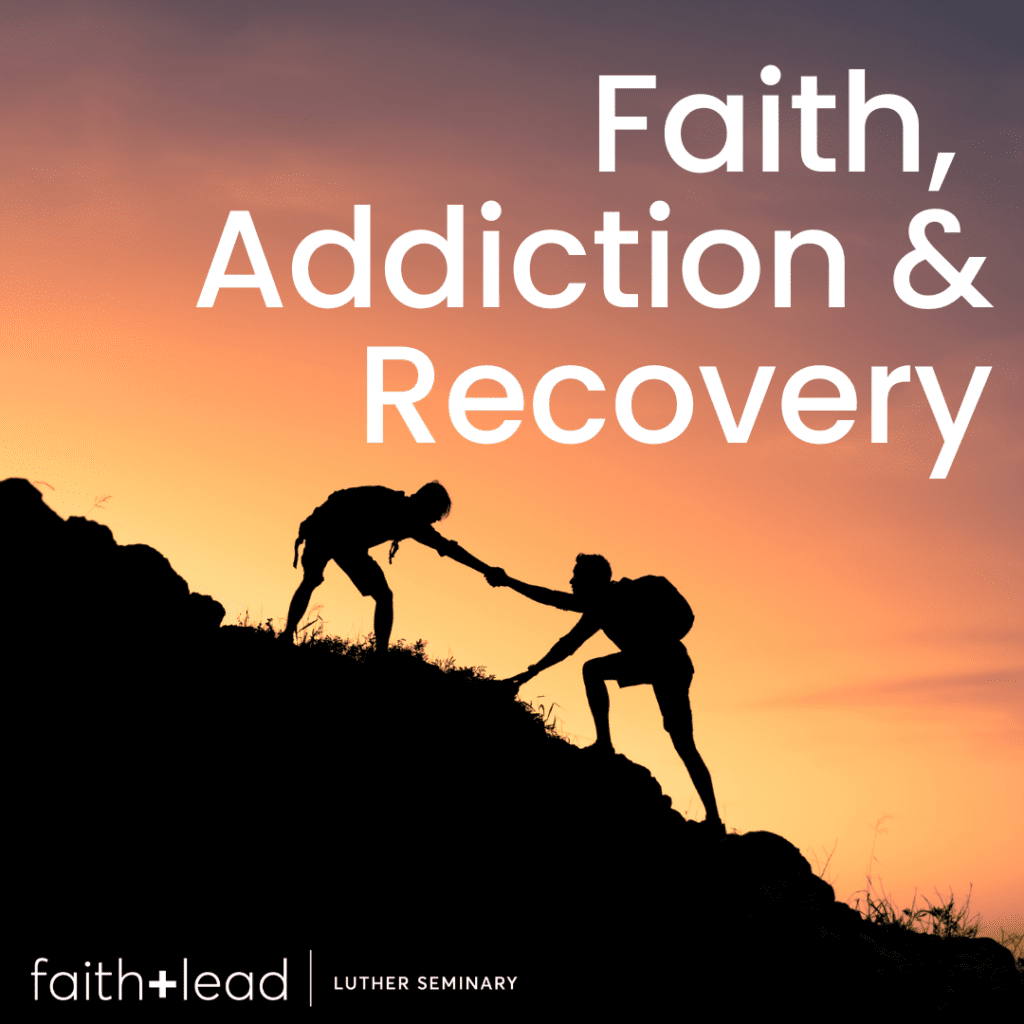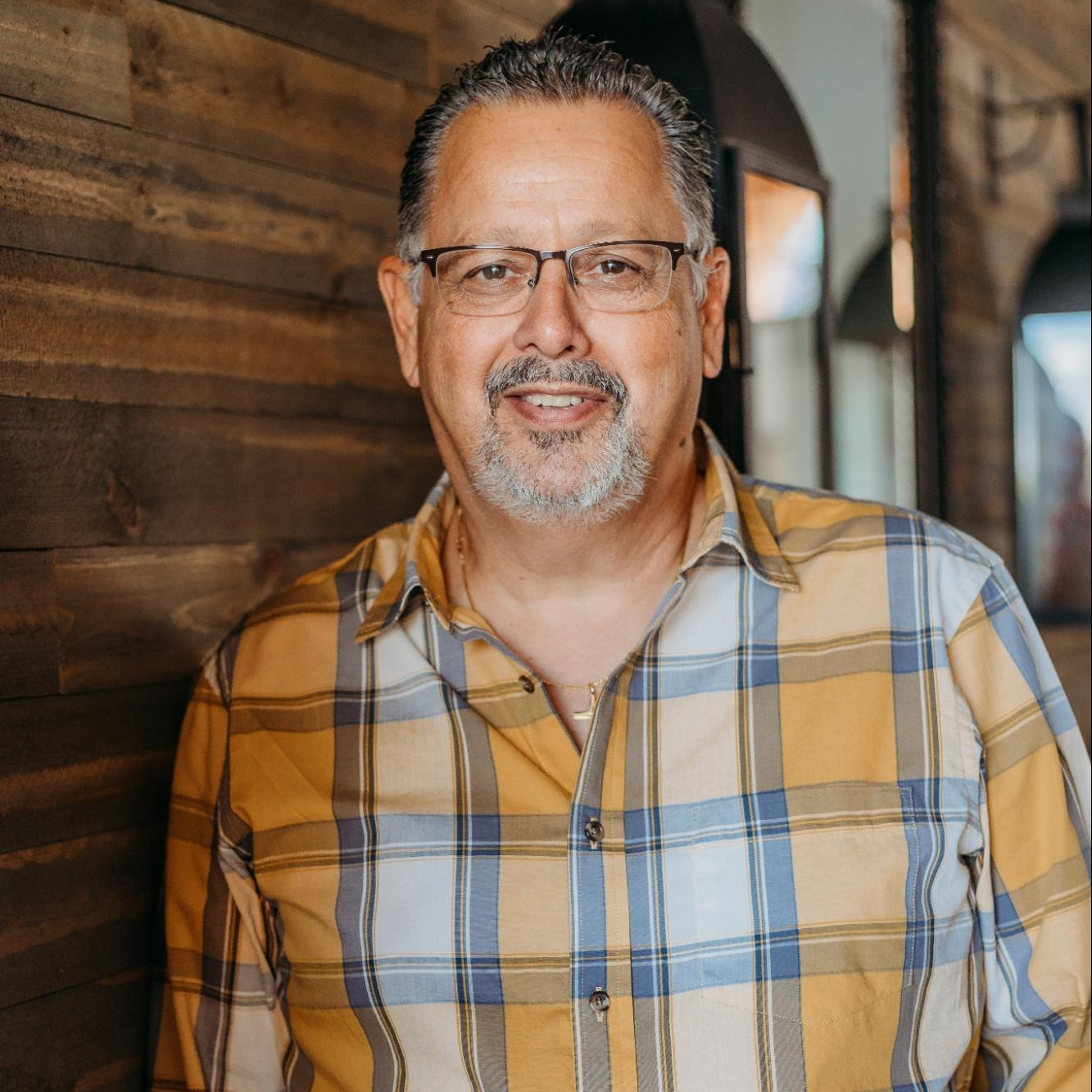There are things that happen in life that you can only chalk up to divine providence. One of those providential things happened for me on my first Sunday as the Lead Pastor at Grace Church, a United Methodist congregation in Southwest Florida.
It was Sunday, September 1, 1996, and being that it was the first Sunday of the month and because somewhere in the Bible it says that we have to serve communion on the first Sunday of the month (he says tongue in cheek), I led our people through the liturgy. After breaking the bread and lifting the cup, I gave a few words of instructions about the ushers letting people out of their rows and how to receive the elements by intinction. Then I said what had become almost rote for me. “And if you struggle with alcohol like I do, then please know that this is a safe table for you and that we use grape juice and not wine.” Yup, I said it … on my first Sunday. And all the oxygen got sucked right out of the room. Their new pastor was a drunk!
You see, I had just left a very large and vibrant church on the other Florida coast in Southeast Florida that had a vital recovery ministry and this grape-juice-not-alcohol mantra was (and frankly still is) seared into my pastoral memory. We had so many people in recovery from alcohol in that congregation that these words were kind of like the warning label on a prescription. It would have been pastoral negligence to not let people know this.
Little did I know, but that heaven-sent “mistake” on my part was the beginning of creating a culture in our church. By culture, I mean, “the set of shared attitudes, values, goals, and practices that characterizes an institution or organization.” It’s the vibe or atmosphere you feel when you interact with a group of people on a common mission. Renowned management consultant and writer Peter Drucker famously said, “Culture eats strategy for breakfast.” And after 38 years of full-time ministry of which I spent 26 years at one church, I think Drucker is spot on. At Grace Church, we have intentionally created a culture of redemption and hope over the past three decades that is pervasive and compelling. But, how is this culture created? Let me suggest four ways.
Dangerous prayer
For us, this culture began to form with a simple prayer. “Lord, send us the people nobody else wants.” A small group of us began praying this dangerous prayer for our struggling church. It was a heartfelt petition for our fellowship to be a place where those who are experiencing brokenness could come to our communion and experience the healing of God in the gift of God’s people. Pray sincerely and then intentionally act on your prayers and God will bring broken and hurting people to your doorstep.
Authentic vulnerability
A second dynamic in the creation of a recovery and healing culture for us was the modeling of authentic vulnerability, especially among the leaders. My communion faux pas on my first Sunday, though it sent shock waves through our congregation, did help. It kicked open a door for me to share my personal journey of addictions. Years later when our youngest son “took up the family business” of addictions, though painful, it was so much easier for us to talk about it as the church. Now one word of caution. This vulnerability is not an excuse for leaders to “bleed” on their people. One litmus test we use for whether or not to share is simply asking, “Am I sharing this to generate unhealthy sympathy or even pity, or to bring glory to God?”
Intentional instruction
I still think that preaching and teaching is a powerful tool in the local church’s toolbox for making more and maturing disciples. In the early days at Grace Church, I wanted to expose as many of our people as possible to the Twelve Steps of Alcoholics Anonymous, so I preached the longest series I had ever done to date called “The Jesus Prescription for a Healthy Life.” I stole the title from Len Sweet’s book. Each week I preached on one of the steps, but did not tell them this was what I was doing until week 12. It helped “demythologize” the Twelve Steps and the Big Book of Alcoholics Anonymous as I rooted them in the words of Jesus and the Good Book, the Bible. In the decades since, we have revisited the steps of recovery creatively. Most recently, during Pentecost, we did a series called “Higher Powered” connecting the Person and the power of the Holy Spirit to the process of recovery. We also have short term groups that study materials like Henry Cloud and John Townsend’s Boundaries and Hunger for Healing by J. Keith Miller.
Strategic ministry
If you are going to pray a dangerous prayer about God bringing broken people to your church, then you better help those people who come to heal. One of the things we have tried to avoid at Grace Church is something we call “spiritual malpractice.” Spiritual malpractice is offering Jesus the Healer without the people, the places, and the process for Jesus to heal. It seems to me that churches are notorious for this. We boldly and appropriately declare that God can save, heal, redeem, and restore, yet the folks sitting in our chairs and pews are wondering “How? How can Jesus heal my life?”
On the first Friday night of the new millennia, we launched “Celebrate Recovery,” the Twelve Step ministry from Saddleback Church. We basically bought the box set and “painted by numbers.” We put in the worship folder an announcement inviting any of our people who were in the traditional rooms of recovery to help us launch a Christ-centered recovery ministry. One of the early leaders said, “We were sitting there all along and we got called out and our experience became discipleship.” By the grace of God, coupled with the intentional hard work of a handful of friends of Bill W. (code for “People in AA and the other Twelve-Step recovery communities”), the ministry grew. Twenty-two years later, we still meet on Friday nights but have morphed our name to “Choose Recovery.” You can find our video resources here.
Over 22 years, hundreds of people have been helped and healed through this strategic ministry. It’s not hyperbole for me to say that the Twelve Steps is the single best disciple making strategy I have ever seen. We have gotten a front row seat for remarkable life transformation. Just watch one of our testimony videos at the link above and see for yourself.
Coupled with our recovery ministries is a constellation of other healing ministries like Stephen Ministry (we no longer have this particular ministry, but did it for many years), Divorce Recovery, Grief Recovery and most recently the amazing emotionally healthy spirituality materials from Pete Scazzero. We also entered into a legal agreement with a licensed mental health professional, who opened an office at the original campus of Grace Church. All of these ministries are the people, places and processes that help people get well.
Call to action
Taken together, these actions have created a culture of redemption and hope for us. Let me invite you to do this one thing: Using your internet search engine, find a traditional 12 step open meeting near you and attend. Ask the Holy Spirit to guide you as you listen and process your experience. See if God might nudge your church to begin a ministry of recovery for the benefit of those who are being terrorized by their addictions, afflictions, and compulsive behaviors. It will change your church and you too.




